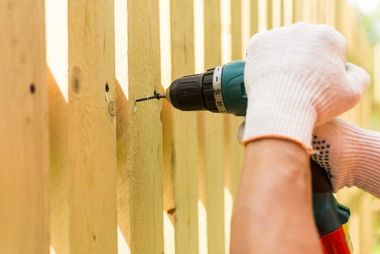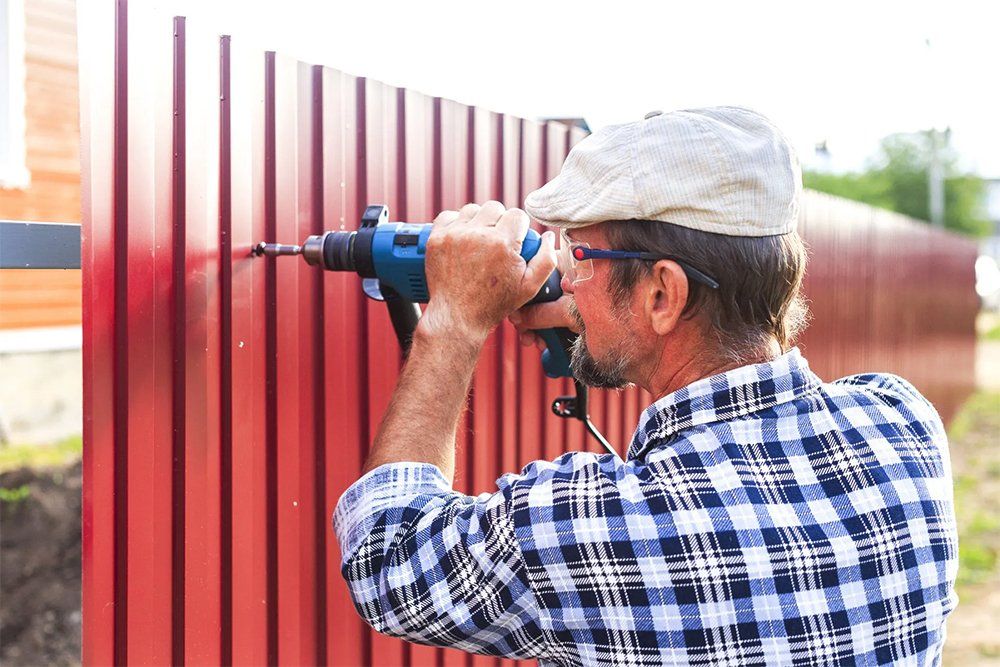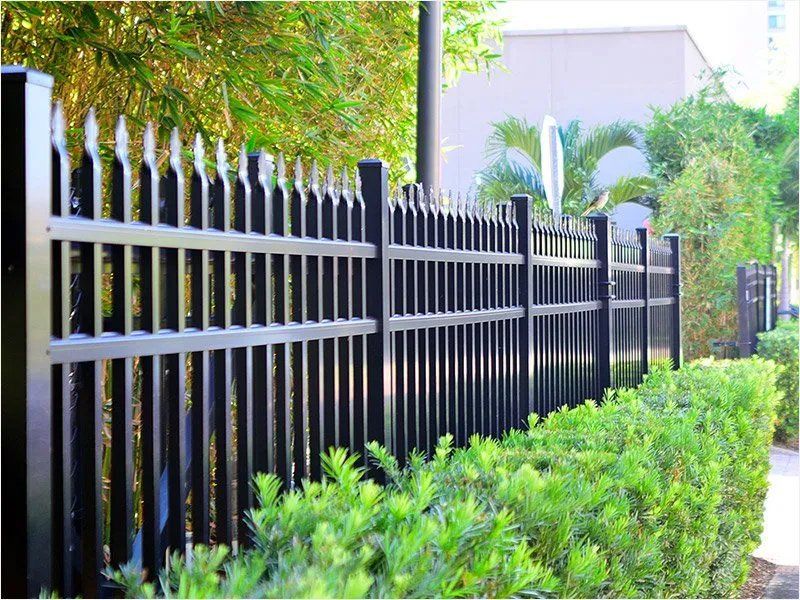Getting a New Fence? 3 Easy Ways to Prevent Disputes
West Georgia Fence • February 8, 2018
Few things are as discouraging as making the decision to upgrade a part of your home or yard, only to be confronted by a neighbor or city official about a problem with your plans. Fortunately, you can prevent these kinds of delays during fence installations by doing a few things beforehand. Here are three easy ways to prevent fence disputes.
1. Understand Local Regulations
Every neighborhood and city is a little different, and yours might have rules about the kind of fence you can install. While some municipalities and neighborhoods have virtually no regulations regarding fences, others might dictate everything from the kinds of materials allowed to the height and orientation of the fence.
For example, many cities dictate that fences can't be higher than 3 feet tall
in the front yard in order to allow passing traffic to maintain a clear view of the street. Homeowner's associations might have color and style codes specifically spelled out to maintain similar aesthetics. Failure to abide by these protocols could cause problems ranging from simple warnings to removals, which will drive up your total expenses.
Before you install a fence, research your city guidelines regarding fences, and check with your HOA to see if they have preferences about the types of fences allowed in your area. If you discover regulations that you don't agree with, then you can always appeal the decision or request a special permit granting you the freedom to select a specific variety.
2. Know the Lay of Your Land
They say good fences make good neighbors, but the fact of the matter is that almost any friend will become a fast, fiery enemy if they suspect you are installing a fence on their land. For this reason, it is crucial to become familiar with your property lines before installing a fence.
Although plot lines and plat maps are a standard part of investing in any property, don't fret if you can't find that initial purchase paperwork. If you aren't sure where your property line lies and you are concerned about a nervous neighbor, then consider hiring a professional land survey company do to the math and marking for you.
Property surveys can be performed in a few hours, and they typically cost less than $500, which is money well spent — especially since it can preserve relationships with neighbors you might live next to for years.
3. Talk With Your Neighbors
City permits, HOA permission, and land surveys can help, but one of the best ways to eliminate problems is to create an open line of communication about your plans to install a fence. Although you might feel silly talking with neighbors that you don't communicate with regularly, streamline the fence installation process by having a thorough talk about what you want to do and why.
Ask neighbors if they have certain preferences regarding the height, color, and orientation of the fence, and discuss your concerns if you have any. Sometimes, people installing fences discover valid points from neighbors that they may not have considered and these points can impact their fence choices.
For example, if you live in a cul-de-sac and you want to put a fence in the front yard, your neighbor might mention that the fence could block their view of the sidewalk where their kids play. By talking about it and choosing a fence with better visibility, you can keep the kids in your neighborhood safe — and avoid conflict.
Most homeowners have questions about fence installations even in ideal circumstances, which is why it pays to work with the professionals. Here at West Georgia Fence, we believe in excellence in construction and a commitment to customer service, which is why we have been in business for more than 50 years.
From standard wood and chain link fences to ornate vinyl versions designed to look crisp and beautiful, our team of professional contractors can make your yard a safer place for your kids and pets.











